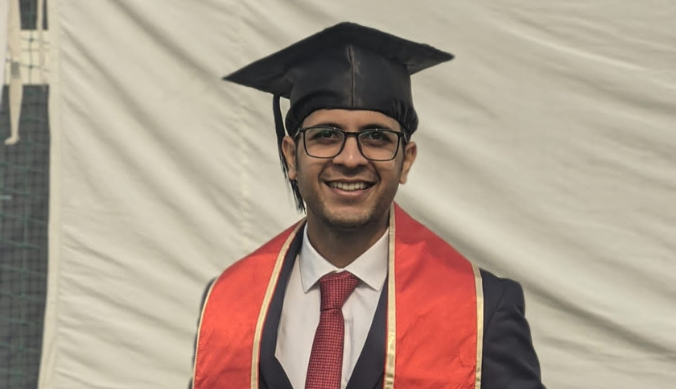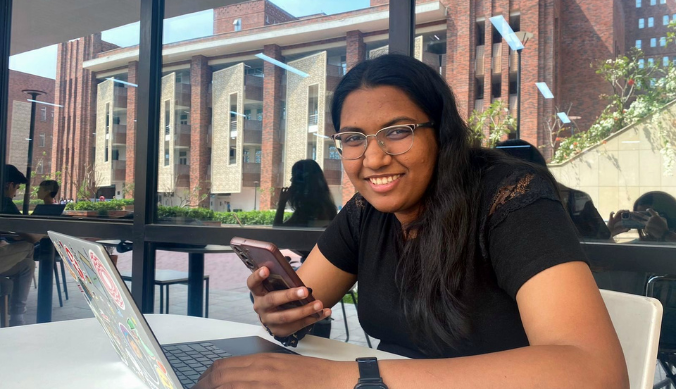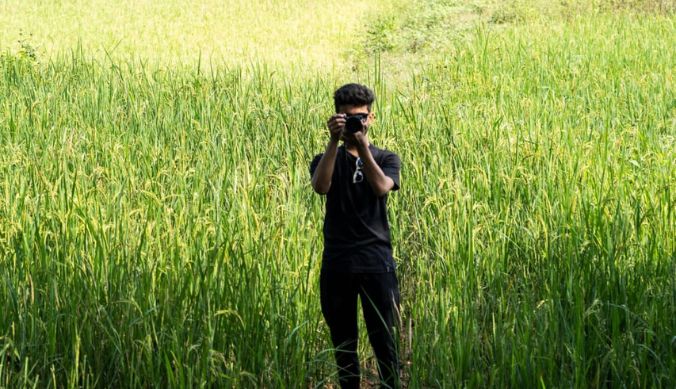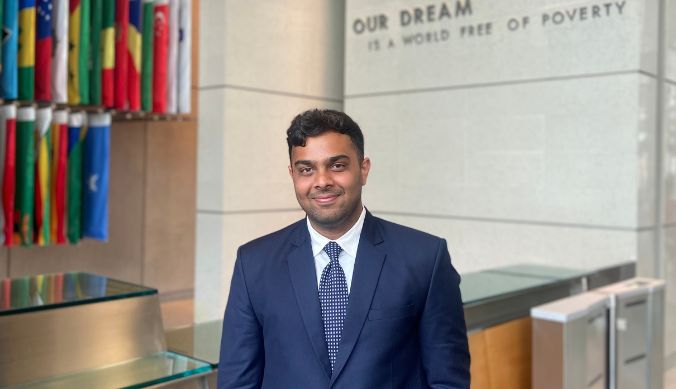Can you stop being so lazy?
To gain a nuanced understanding of what living with a learning disability is like, Monika Bhalvani sat down with Ashoka students to assess their academic and social experiences
There is a general sense of bafflement when the term “learning disability (LD)” is brought up or talked about. Persons with LDs are often perceived as “lazy” or “dumb” and are least understood in their respective educational and social environments. Before we get into the details, let’s first understand what LD is. How do they manifest in individuals? LD is a result of a difference in the way a person’s brain is “wired”, which leads to certain difficulties with reading, writing, spelling, reasoning, recalling or organizing information if taught in conventional ways.
To gain a nuanced understanding of what living with a learning disability is like, we asked some Ashoka students to share their academic and social experiences. Recounting his experiences in school, Rohan Manoj, an ASP 23 student shares, “In school, people did not realize how bad learning disabilities can be and just assumed that it is just laziness.”
While Rohan talks about how LDs are generally misperceived by others, Mili Kuriakose, an Ashoka Alumna from the UG 20 batch, talks about how the negative perceptions surrounding LDs affect self-esteem and morale. She says, “Having a learning disability is something I was ashamed of having, for the longest time. I always had to second guess myself.” These experiences shed light on the stigma and prejudice that persons with LDs go through on a daily basis and how this shapes their ongoing relationships with their difficulties and the people around them.
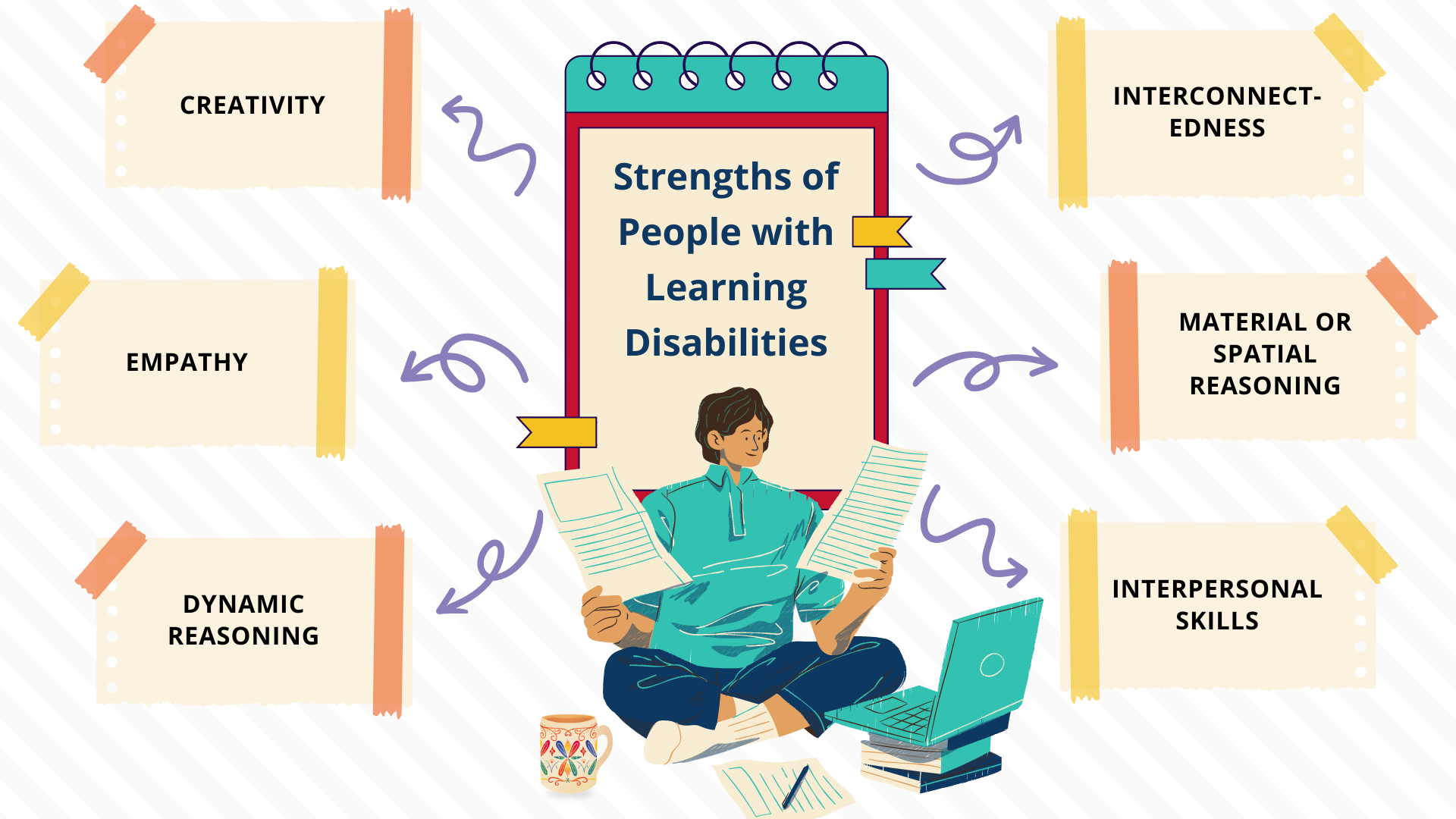
While we see that the environment presented Rohan and Mili with a host of challenges, both managed to find the light at the end of the tunnel and learnt to successfully navigate their challenges in high school and college. So, what exactly helped them? They mentioned how creating safety nets around them through the support of their parents, teachers, peers, and official support structures helped them thrive in their respective environments.
In addition to the support systems, they consistently advocated for their rights and talked openly about their disabilities to spread awareness in their academic and social circles. Moreover, they tapped into their unique strengths to break free from the structures that judged them wrongly. They also befriended various assistive technology tools like text-to-speech/speech-to-text software, user-friendly fonts, and browser extensions to comprehend learning material and cope with academic demands.
From the student narratives shared above, we understand the important role that strong support systems, finding one’s niche, self-advocacy, and assistive technologies, can play in overcoming the challenges that come with LDs.
We also understand how it is not the lack of ability or talent in them that leads to them facing challenges, it is the education systems that do not reflect how intelligent, sharp, perceptive, compassionate and creative these individuals actually are.
(Monika Bhalvani works at the Office of Learning Support, Ashoka University.)







